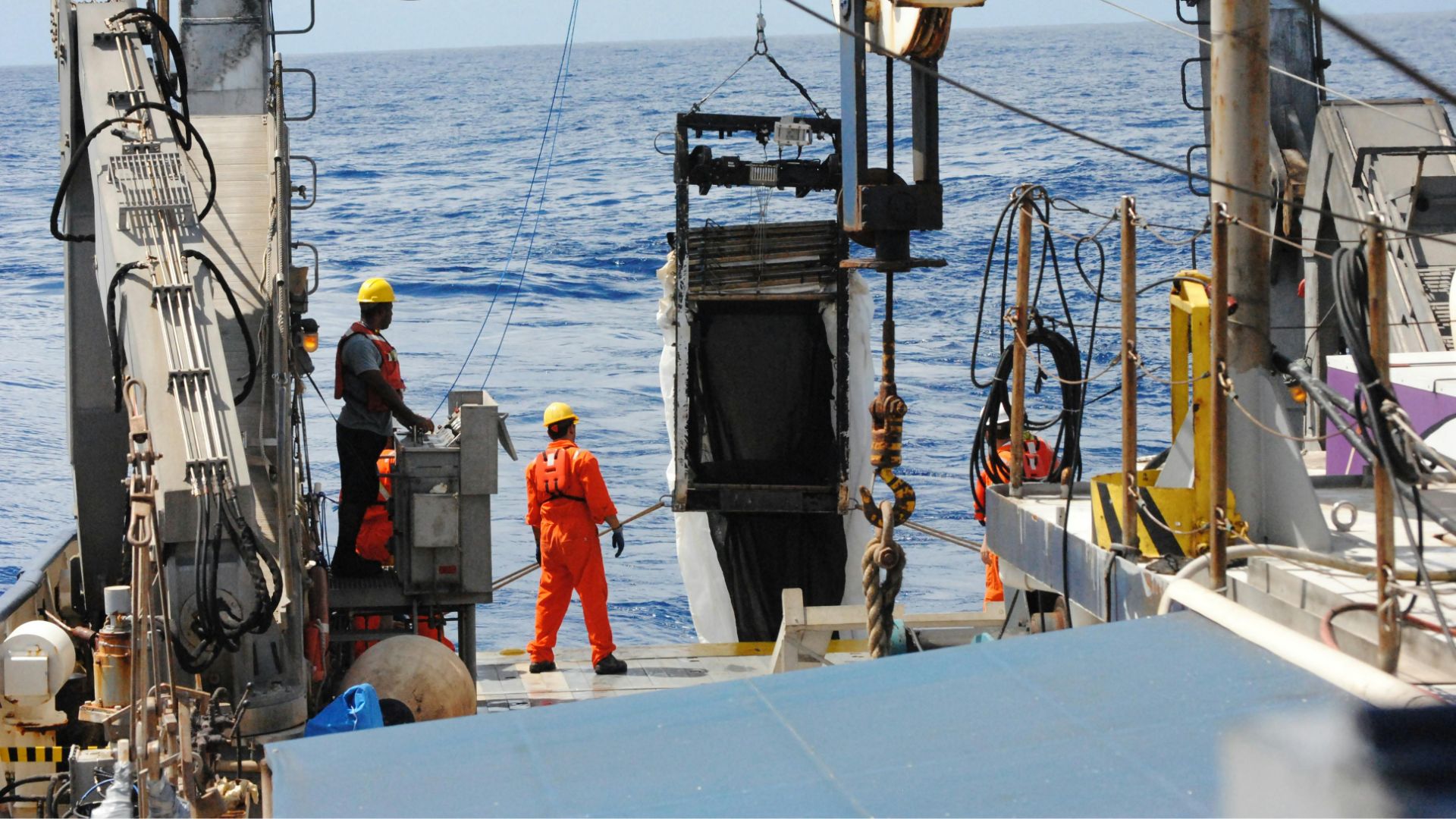Topics Explored
Few industries place as much emphasis on security and safety as the maritime industry does, and for good reason – it is critical for all seafarers, and as STCW regulations and times change, the bare minimum of international standards must be maintained.
As regulations and standards shift, you can’t afford to slip below the international minimums. That’s the core reason the Standards of Training, Certification, and Watchkeeping (STCW) exist: making sure every seafarer, no matter where they come from or which flag’s flying, meets the same global standard. The International Maritime Organisation (IMO) enforces these rules to keep things consistent, so the whole crew knows what’s expected, regardless of the ship’s home port.
STCW training covers a lot of ground – safety, navigation, handling crowds, and, crucially, security. This guide covers the key modules required under STCW regulations, how compliance is enforced, common issues during inspections, and how security-specific training, particularly PSA and PDSD, helps crews meet international standards.
Core STCW Training Modules for Seafarers
The STCW Code spells out the must-have training and competency standards to protect life at sea and make sure that emergency response is timely, effective and standardised. The following requirements apply to every seafarer working on ships falling under the STCW Convention. Main modules include:
Basic Safety Training (BST)
It covers the essentials: personal survival techniques, fire prevention and firefighting, personal safety and social responsibility, plus basic first aid. It’s about making sure seafarers can look after themselves and others if things go sideways.
Crowd Control Training
If you’re working on passenger vessels, this is a must. It’s aimed at giving crew the skills to keep large groups calm and organised during emergencies or evacuations—think clear communication, managing panic, and moving people safely.
Security Modules – PSA & PDSD
The PSA and PDSD modules, offered by Securewest International, are now fundamental for tackling maritime security risks. With global security concerns on the rise, STCW compliance hinges on these essential courses.
PSA – Proficiency in Security Awareness
This is the baseline requirement for any seafarer who isn’t assigned explicit security duties. This training covers the essentials: understanding shipboard security, recognising threats, proper reporting procedures, and knowing what’s in the Ship Security Plan. The goal is to foster a culture of security awareness across the board, which is absolutely critical for maintaining safety on any vessel.
PDSD – Proficiency for Seafarers with Designated Security Duties
This is required for those crew members who actually take on specific security responsibilities. Think monitoring restricted areas, screening baggage, and setting up anti-piracy measures. The training digs deeper, covering risk awareness, incident response, and compliance with all relevant regulations.

How Are STCW Regulations Enforced?
Enforcement of STCW regulations is taken seriously and handled through audits and inspections led by flag states, port state control authorities, and classification societies. Each country’s maritime authority is tasked with making sure that vessels flying its flag are fully compliant.
During inspections, port state control officers will scrutinise documents to confirm that all seafarers hold valid STCW certificates for their roles, especially PSA and PDSD for those with security responsibilities. Non-compliance? That’s not something you want on your record, as it can lead to serious consequences for both crew and vessel:
- Vessel detention.
- Severe penalties.
- Reputational harm.
- Delays in port operations.
Keeping proper records and notifying of the renewal of certifications in advance is the key to evading such problems.
Compliance Issues During Inspection
In spite of well-meaning procedures and for a myriad of reasons, ships and crews tend to experience difficulties during compliance inspections. Typical problems are:
Expired or Invalid Certificates: PSA and PDSD certificates typically last for five years. Failure to undergo refresher training prior to expiry can result in non-compliance.
Inadequate Role-Specific Training: Crew members might have PSA training only when PDSD is necessary according to their role. This mismatch can lead to inspection failures.
Documentation Gaps: Incomplete or missing training records are a common reason for non-compliance, even if training has been conducted.
Unfamiliarity with Latest Security Protocols: With evolving threats such as cyberattacks and geopolitical instability, seafarers must stay updated on new guidance and best practices.
These risks can be reduced by being proactive in organising refresher courses, having well-ordered training records, and comprehending the duty requirements of each individual.
Meeting STCW Requirements with Securewest
Securewest is a global leader in maritime security services, offering online training for PSA and PDSD to keep your crew compliant and your operations running smoothly. It’s about being prepared, so that your team is ready for inspections and, more importantly, ready to respond when it counts.
Online PSA Course
- Course Content: It includes security awareness, threat recognition, response actions, and identifying patterns of suspicious activity.
- Who It’s For: All seafarers without designated security duties.
- Duration: Usually done in less than a day.
- Delivery: 100% online, self-paced and flexible.
- Certification: Provided immediately after successful completion, as per IMO compliant standards and internationally valid for five years.
Online PDSD Course
- Course Content: Covers higher-level modules of security documentation, situational awareness, access and cargo control, search procedures, and emergency response planning.
- Who It’s For: Seafarers who have assigned security duties.
- Duration: Can typically be done within one or two days.
- Delivery: Completely online, with multimedia course materials and assessments.
- Certification: Provided on completion, fully STCW and IMO-compliant.
Securewest training guarantees crew are not just compliant, but also well-trained to maintain onboard security standards. Their system provides effortless registration, course completion, and delivery of certificates. Companies can even administer crew training as a group, making sure that all staff are certified. The main advantages of training with Securewest are:
Accessibility: Classes can be taken from anywhere globally, perfect for crew with irregular schedules.
Affordability: Clear pricing and no hidden fees make compliance more accessible.
Expertise: Securewest brings decades of maritime security experience to their course design.
Compliance Support: Their training team is available to help resolve queries and ensure learners meet regulatory standards.
Securewest also provides continual support to keep certifications current and valid, and can deliver reminders and group training options for bigger operators.

Why STCW Certification With Securewest Matters
STCW compliance sits at the core of maritime safety and professionalism. With global maritime threats constantly evolving, security training through PSA and PDSD modules has become absolutely essential. At Securewest, we deliver focused, instructor-led training in these areas, helping seafarers and operators stay compliant and maintain a secure shipboard environment. While we don’t offer every STCW module, our specialist focus means the security training we provide stands out for its quality and depth, shaped by years of hands-on experience.
To ensure your crew are fully certified and prepared, visit Securewest’s Training and explore the PSA and PDSD course offerings. Whether you’re an individual seafarer or a fleet operator, Securewest makes STCW security compliance easier, faster, and more dependable, for the safety and security of all.
